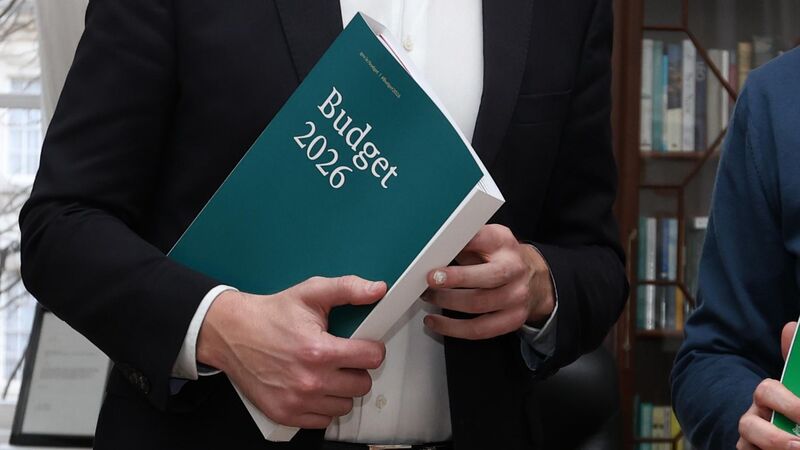David McNamara: Why Ireland's €70bn financial buffer is still vulnerable

The budget retained the expansionary stance evident in recent years. Picture: Sasko Lazarov/ RollingNews.ie
Amid growing focus on global geopolitical and fiscal risks, the Irish budget retained the expansionary stance evident in recent years. These risks crystallised in the latest trade salvos between the US and China late last week, and the ongoing political uncertainty in France.
While Ireland is somewhat removed from the escalating US-China trade tensions, it is notable that the US has recently lobbied for the EU to increase tariffs on China to punitive levels, invoking its support of Russia in the Ukraine conflict.











